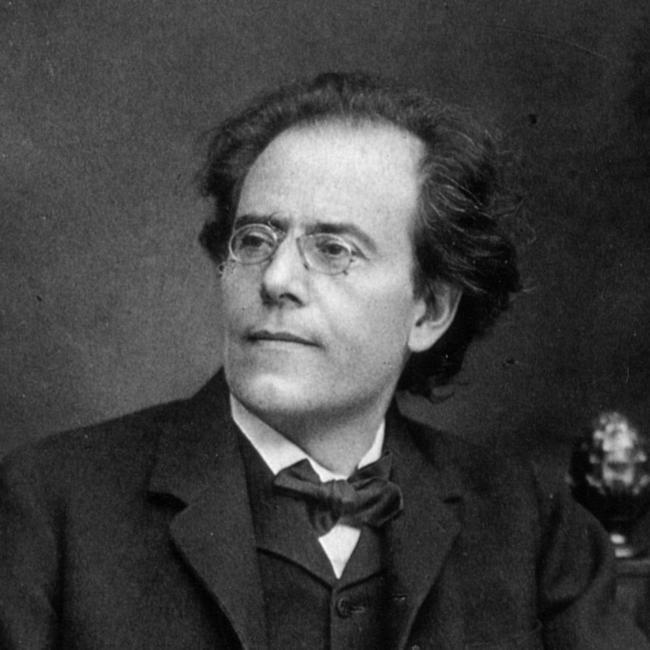The Portland Symphony Orchestra, under music director Robert Moody, will devote almost the entire final concerts of the season on May 5 and 7 to Mahler’s Fifth Symphony in memory of the victims of the Boston Marathon bombings.
According to a press release, “The Adagietto movement of the Mahler Symphony particularly serves as music for healing in the context of this dedication. The symphony’s full efforts are focused on creating the most poignant journey of this Mahler symphony possible, striving for a time of catharsis through music.”
The fourth movement is certainly Mahler’s most popular work, although after an early performance in 1905, it was panned by the great critic Romaine Rolland for its “sickly sentimentality.” It was used in the 1971 Luchino Visconti film “Death in Venice” and conducted by Leonard Bernstein at the Mass at St. Patrick’s Cathedral on the death of Robert Kennedy.
It has thus acquired some tragic connotations, perhaps because the symphony opens with a funeral march. But it was written originally as a love song to Alma Mahler, the composer’s new, pregnant wife, who he treated like an ignorant child. The song’s verses go: “How much I love you, you my sun, I cannot tell you that with words. I can only lament to you my longing and love.”
Shortly thereafter, Alma sat below, in their new lakeside villa, weeping while the great man composed the Fifth Symphony in the room above. She was bored, but could not play her piano because it would distract the master, who had recently told her that she had not suffered enough to become a “personality.”
“My little Alma, we must agree in our love and in our hearts! But in our ideas? My Alma! What are your ideas? Schopenhauer’s chapter on women, the whole deceitful and viciously shameless immorality of Neitzsche’s superiority of an elite, the turbid meanderings of Maeterlink’s drunken mind?…etc., etc.” It is a wonder she didn’t fly to Oscar Kokoshka’s or Franz Werfel’s arms a lot sooner.
At its premiere in 1905, the Adagietto took about 10 minutes. Later conductors, reacting to Mahler’s indication of “sehr langsam” (very slow), have stretched it out to 12 minutes, with appropriately lugubrious effect. (The entire symphony takes about 70 minutes.)
The Fifth is generally regarded as the first of Mahler’s middle period and is more “classical” than the first four, without a program and with the obligatory homage to Bach in the second half. Nevertheless, Mahler considered it groundbreaking, predicting the reaction of the Viennese public before it occurred:
“What are they to say to these primeval sounds, this foaming, raging, roaring sea, to these dancing stars, to these breathtaking iridescent and flashing breakers? What can a flock of sheep do but bleat in response to ‘the singing of the rival spheres’?”
Rolland, who in 1905 already detected a “cult of force” in German music, objected to the symphony’s “striving after Wagnerian grandiosity,” and disliked its “stale themes” and “repetitious pedantry.”
On the other hand, Herbert von Karajan once said that when one hears Mahler’s Fifth, “you forget that time has passed. A great performance of the Fifth is a transforming experience. The fantastic finale almost forces you to hold your breath.”
We’ll find out which opinion is more correct next week. Tickets are $31 to $76 at porttix.com.
Christopher Hyde is a writer and musician who lives in Pownal. He can be reached at:
classbeat@netscape.net
Send questions/comments to the editors.



Success. Please wait for the page to reload. If the page does not reload within 5 seconds, please refresh the page.
Enter your email and password to access comments.
Hi, to comment on stories you must . This profile is in addition to your subscription and website login.
Already have a commenting profile? .
Invalid username/password.
Please check your email to confirm and complete your registration.
Only subscribers are eligible to post comments. Please subscribe or login first for digital access. Here’s why.
Use the form below to reset your password. When you've submitted your account email, we will send an email with a reset code.